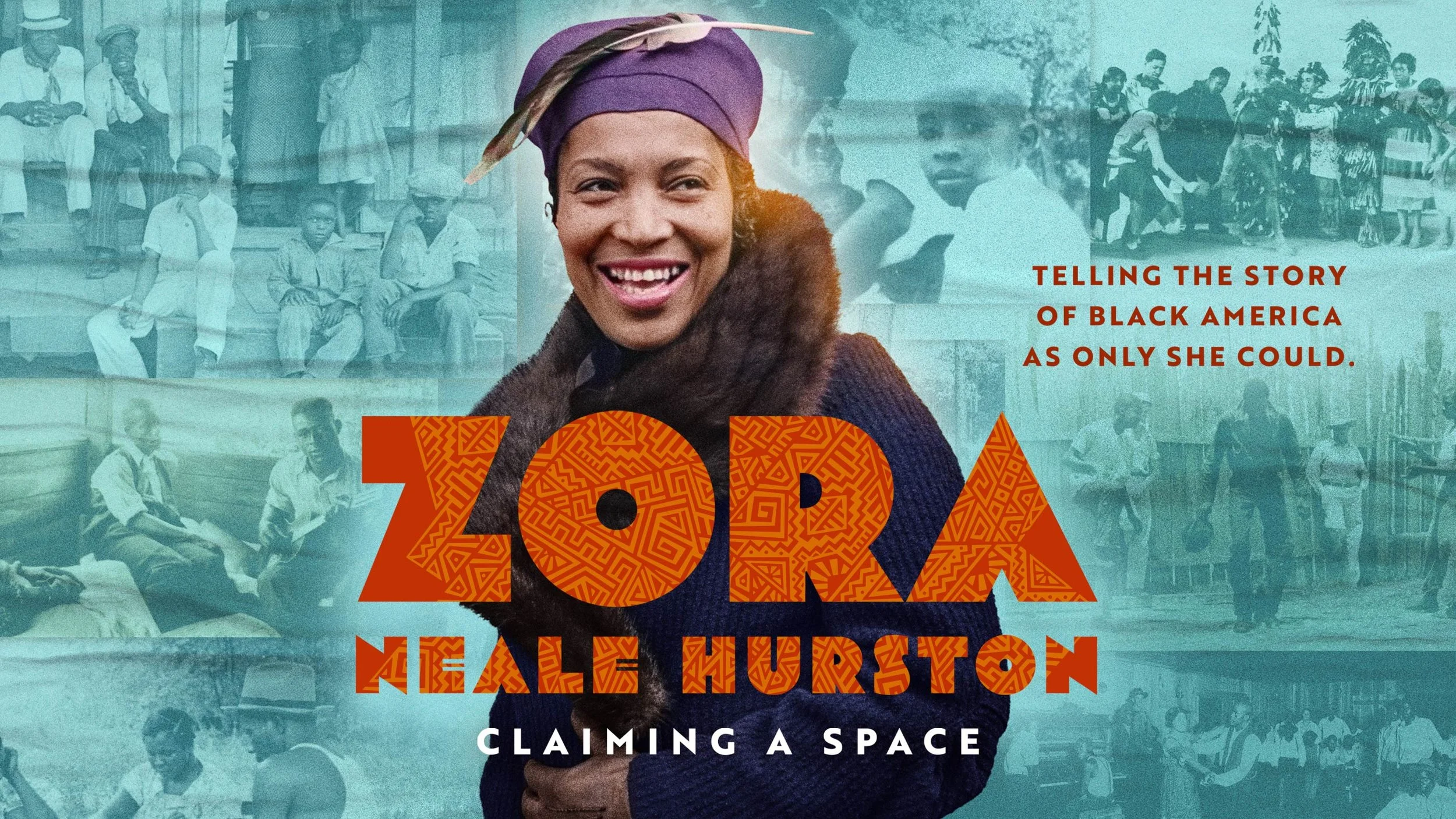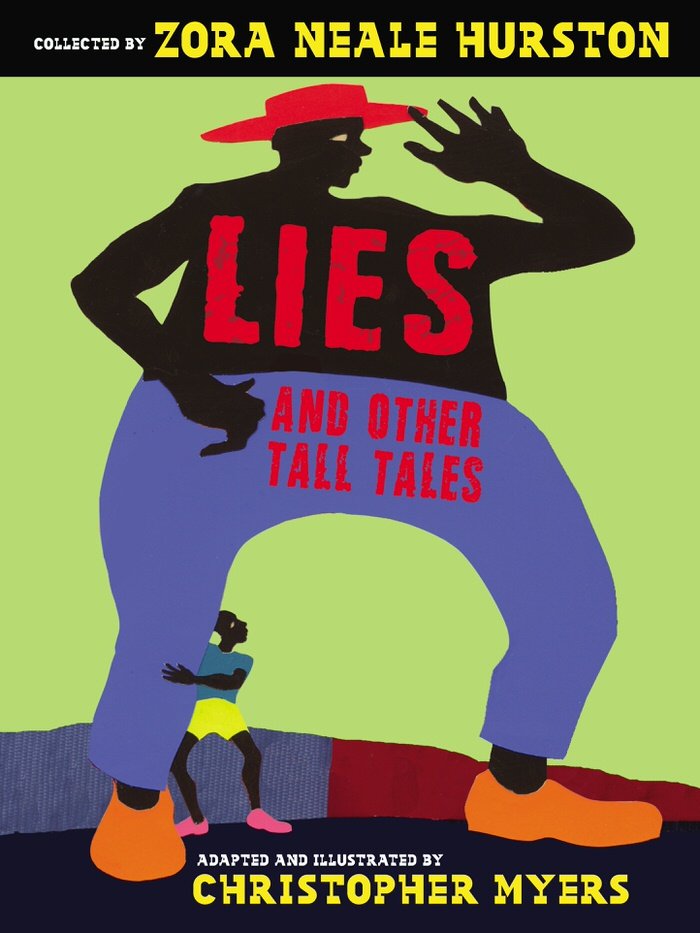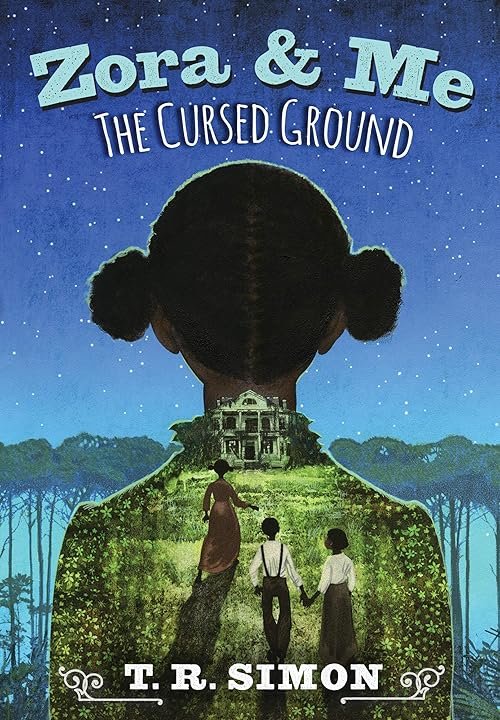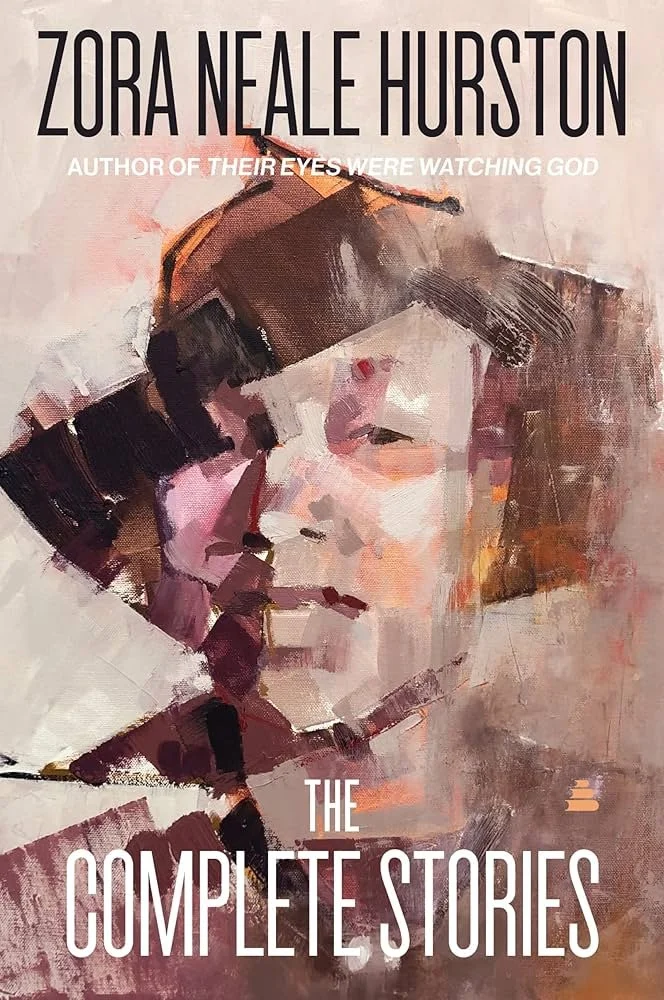
Zora Neale Hurston
The legacy and works of one of the great literary figures and anthropologists of the 20th century
Academic trailblazer, anthropological innovator, 20th century literary giant
Born in 1891 and raised in the first Black owned town in the US - Eatonville, Florida - Zora Neale Hurston would grow to leave her mark on academic and literary history. One of the innovators in ethnography - an immersive approach to anthropology - Zora found inspiration in the culture, language, and stories of Black people. She was the first Black woman filmmaker, a poet, a playwright, and an author that centered Black communities of the Southern US and Caribbean in the early 20th century. Brave and determined, Zora travelled solo during Jim Crow to record folklore shared in work camps and rural communities, and ventured beyond her comfort zone to immerse herself in the African diasporic spiritual practices of hoodoo and voodou in the Southern US and Caribbean. Using her position as an academic and literary leader of the Harlem Renaissance, Zora made important discoveries, archived human histories, and published works that were foundational in establishing African American language and the timeline of slavery in the US. A feminist before the word was formed, Zora challenged her contemporaries, critiqued institutions, and cared deeply about presenting Black people, culture and hi/stories as inherently valuable.
- Aisha Kiani, I Dream Library
How to use this page
The following articles, texts, films, scripts, interviews and lectures are an introduction to the life and work of Zora Neale Hurston. Her worldview and liberatory praxis are pivotal to our collective liberation through education. This collection is part of a living canon, growing and changing as we do.
Texts are catalogued by age group.
Click the links to read, watch, learn, share, research and teach these works and their creators.
“We are a people. A people do not throw their geniuses away. And if they are thrown away, it is our duty as artists and as witnesses for the future to collect them again for the sake of our children, and, if necessary, bone by bone.”
— Alice Walker, In Search of Our Mothers' Gardens: Womanist Prose
Who is Zora Neale Hurston?
15 years after her death, the world is re-introduced to the life and legacy of Zora Neale Hurston
In Search of Zora Neale Hurston
by Alice Walker
In1975, Alice Walker’s article ‘In Search of Zora Neale Hurston’ was published in Ms. magazine. The article, is famously credited with revitalizing interest and publishing of Hurston’s works, which were out of print at the time. Walker travelled to Eatonville Florida, Hurston’s hometown and the oldest Black-incorporated municipality in the United States. Eatonville was established in 1887 by African American freedmen and the culture of the town had an immense impact on Zora’s sense of identity, liberatory praxis, and political worldview.
“When she arrived, Walker realized that few had heard of Hurston or read her works, nor had they properly honored her after she died. Posing as her niece, Walker made her way to Hurston’s weed-covered grave and purchased a headstone with the engraving: “A Genius of the South, 1901 – 1960. Novelist, Folklorist, Anthropologist”. Nearly 40 years after Walker’s article, Zora Neale Hurston is one of the most revered Black authors in American literary history..”
- adapted from Kyle Bachan’s article 2/2/2011 Ms Magazine
Get to Know Zora
Through the lens and lived experience of award winning Black women storytellers
Tracy Heather Strain
Award winning filmmaker Tracy Heather Strain collaborated with PBS American Experience to create a documentary chronicling the life and work of Zora Neale Hurston. First aired January 17, 2023.
Alice Walker
A 2003 Keynote from award winning author Alice Walker, who began the revitalization of Hurston’s works and legacy with her 1975 article, “In search of Zora Neale Hurston”.
African American Language
Zora’s anthropological work, documentaries, and literary texts inform present day African American Language
AAL is based on oral and literary history
AAL is legitimate, distinct and regionally diverse
AAL is constantly evolving
“I use the term African American Language,..I define it in a particular way, which is a language spoken by or among African American communities”
— Dr. Sonja Lanehart , linguist and professor
A complex legacy
An intimate look at Zora the artist, her genius, and the intersecting oppressions of patronage, racism, and sexism that she navigated throughout her career
Zora Neale Hurston: A Life in Letters
Carla Kaplan, a noted Hurston scholar, has found hundreds of revealing, previously unpublished letters for this definitive collection
Extensive and illuminating commentary on Hurston’s life and work
An annotated glossary of important organizations and personalities
AAL is constantly evolving
“I have known the joy and pain of friendship. I have served and been served. I have made some good enemies for which I am not a bit sorry. I have loved unselfishly, and I have fondled hatred with the red-hot tongs of Hell. That's living.”
— Zora Neale Hurston
Picture Books
adapted from and inspired by Zora Neale Hurston
Select a book to learn more
Middle Grade Books
adapted from and inspired by Zora Neale Hurston
Select a book to learn more
Young Adult +
novels, essays, and autobiography by Zora Neale Hurston
Select a book to learn more
Hoodoo in America
Zora’s anthropological work allowed her to immerse herself in the study of African Traditional Religions (ATR) in the Americas
In 1931 Zora published Hoodoo in America in the The Journal of American Folklore, Vol. 44
Hoodoo in America shares the history, protocols and practitioners of hoodoo
Along with Southern US hoodoo, ATR practiced in Ayiti and Bahamas are discussed
Plays by Zora Neale Hurston
Select a text to learn more
Library of Congress
Plays by Zora Neale Hurston held in
the Manuscript Division
the Music Division
the Rare Book and Special Collections Division
10 plays written by Hurston (1891-1960), author, anthropologist, and folklorist. Deposited as unpublished typescripts in the United States Copyright Office between 1925 and 1944, most of the plays remained unpublished and unproduced until a manuscript curator rediscovered them in the Copyright Deposit Drama Collection in 1997. The plays reflect Hurston's life experience, travels, and research, especially her knowledge of folklore in the African-American South.
- Library of Congress




































